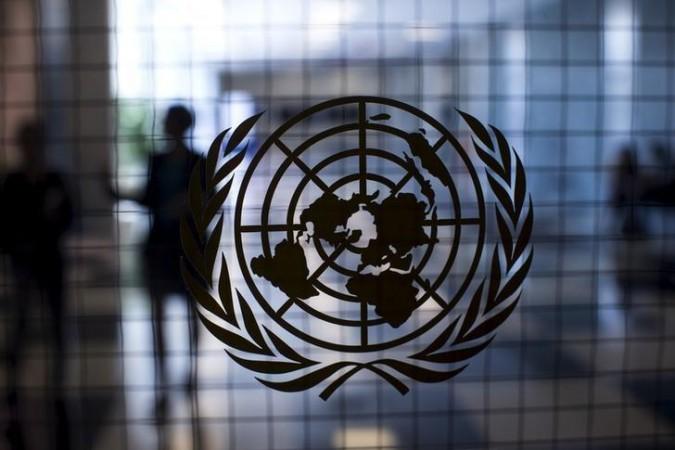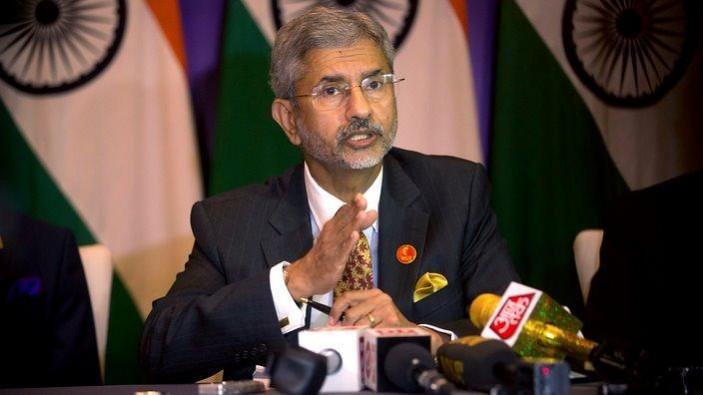A shocking statement was released by the UN Special Procedures on the same day a group of 24 foreign envoys visited Jammu and Kashmir for two days to assess the ground situation in the Union Territory. UN human rights experts, in a press release on Thursday, expressed concerns that India's decision to end Jammu and Kashmir's autonomy and enact new laws could curtail the previous level of political participation of Muslim and other minorities in the country.
The unfounded statements made by the UN Special Rapporteurs criticised the changes in J&K, right from abrogation of Article 370 to enacting new laws. The experts, who claim to be a part of independent fact-finding and monitoring mechanisms of the UN Human Rights Council, said the erstwhile state of Jammu and Kashmir was "established with specific autonomy guarantees to respect the ethnic, linguistic and religious identities of its people," and it was the only Indian state with a Muslim majority.

"The loss of autonomy and the imposition of direct rule by the Government in New Delhi suggests the people of Jammu and Kashmir no longer have their own government and have lost power to legislate or amend laws in the region to ensure the protection of their rights as minorities," Fernand de Varennes, Special Rapporteur on minority issues and Ahmed Shaheed, Special Rapporteur on freedom of religion or belief, said in a statement.
The UN Special Rapporteurs even went as far as to accuse the government "unilaterally and without consultation revoked the constitutional special status of Jammu and Kashmir" and "domicile rules which removed protections given to those from the territory."
The press release was timed with the foreign envoys' two-day visit to the valley, which was organised to give a ground reality of the prevailing normalcy and democratic process in the region.
India schools UN Special Rapporteurs

The press release by the Special Rapporteurs did not go unnoticed and certainly didn't go unanswered. The official spokesperson for Ministry of External Affairs Anurag Srivastava schooled the Special Rapporteurs on the ground reality of the situation in J&K.
Read the full statement below:
We have seen the Press Release on J&K issued today by Special Rapporteur on minority issues and the Special Rapporteur on freedom of religion or belief.
It is deplorable that the SRs, after sharing their questionnaire on 10 February, did not even wait for our response. Instead, they chose to release their inaccurate assumptions to the media. The Press Release has also been deliberately timed to coincide with the visit of a group of Ambassadors to Jammu and Kashmir.
The Press Release disregards the fact that Jammu and Kashmir is an integral and inalienable part of India and the decision of 05 August 2019 regarding the change in the status of the State of Jammu and Kashmir into a Union Territory of India was taken by the Parliament of India.
The Press Release fails to take into account the steps aimed at ending decades of discrimination, enshrining democracy at the grassroot level through successful conduct of local elections for the District Development Councils, and ensuring good governance through back to village program. The Press Release has ignored the positive impact of extending Laws applicable to the rest of India to Jammu and Kashmir, enabling the people of Jammu and Kashmir to enjoy the same rights as available to people in other parts of India.
As for the apprehensions of demographic change, the fact that an overwhelming majority of domicile certificates issued in J&K are to the erstwhile Permanent Resident Certificate (PRC) holders shows that these fears are baseless and unfounded.
This press release calls into question the larger principles of objectivity and neutrality that the SRs are mandated by the Human Rights Council to adhere to.
We expect the Special Rapporteurs to develop a better understanding of the issues under their consideration before jumping to hasty conclusions and issuing press statements."








